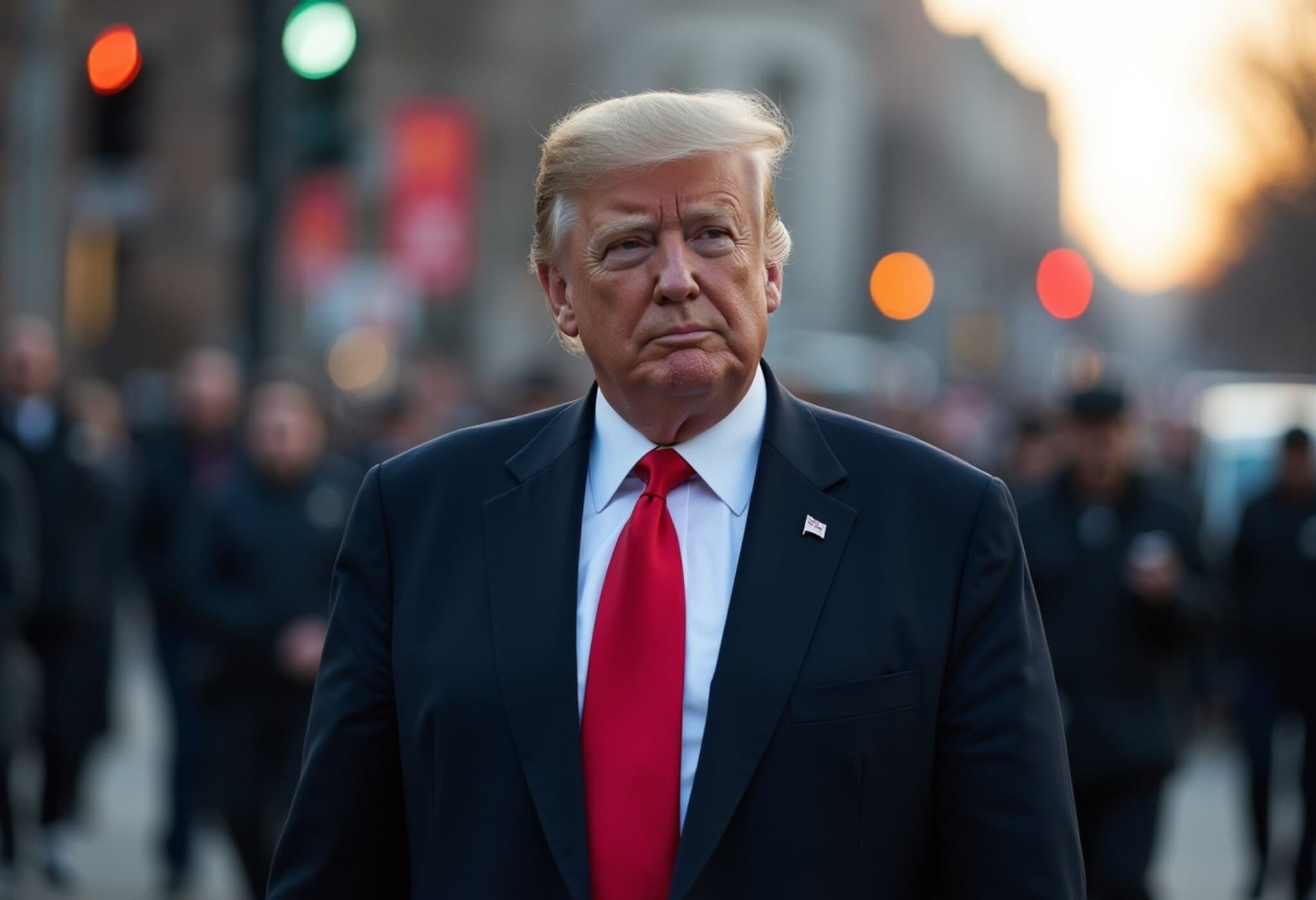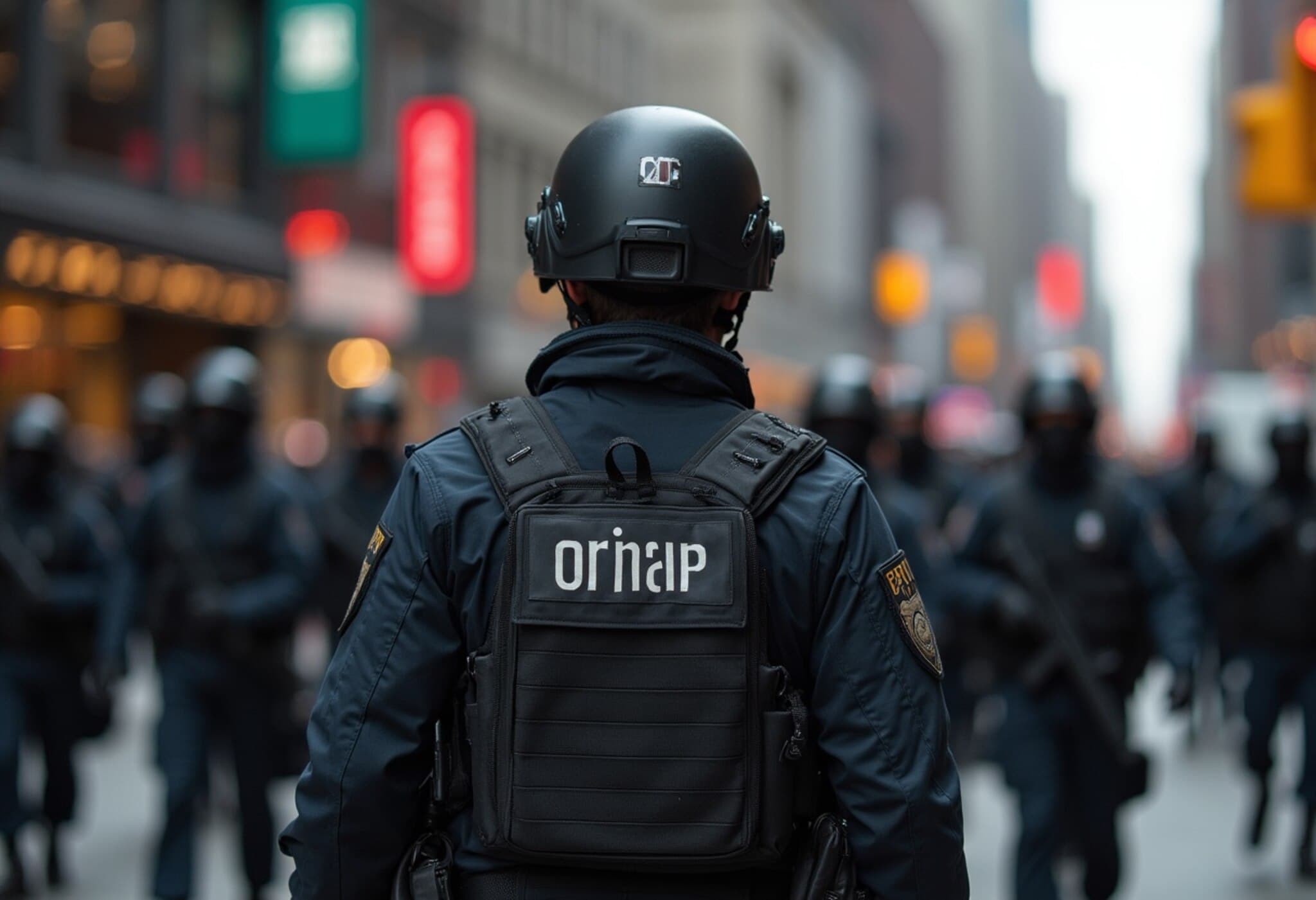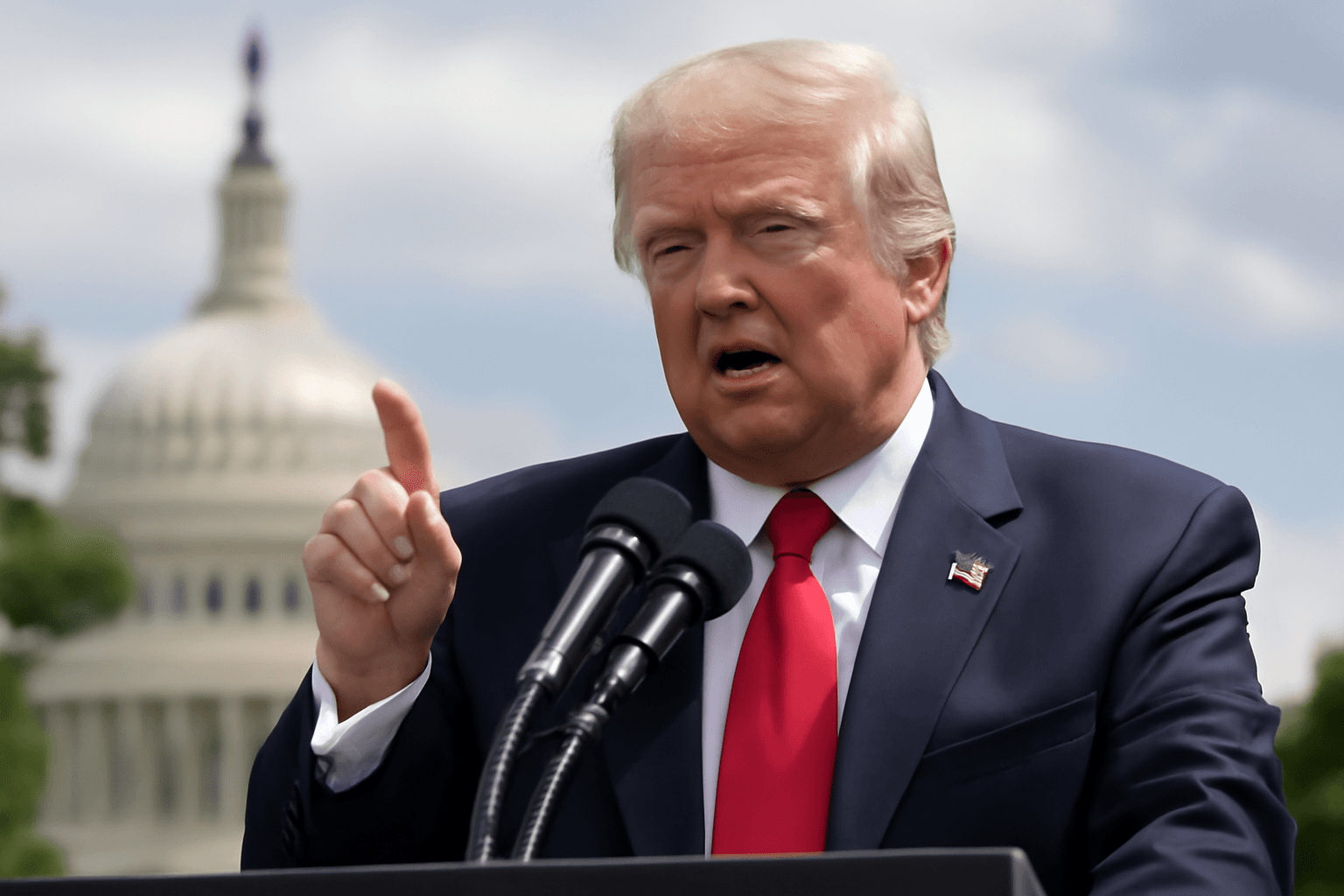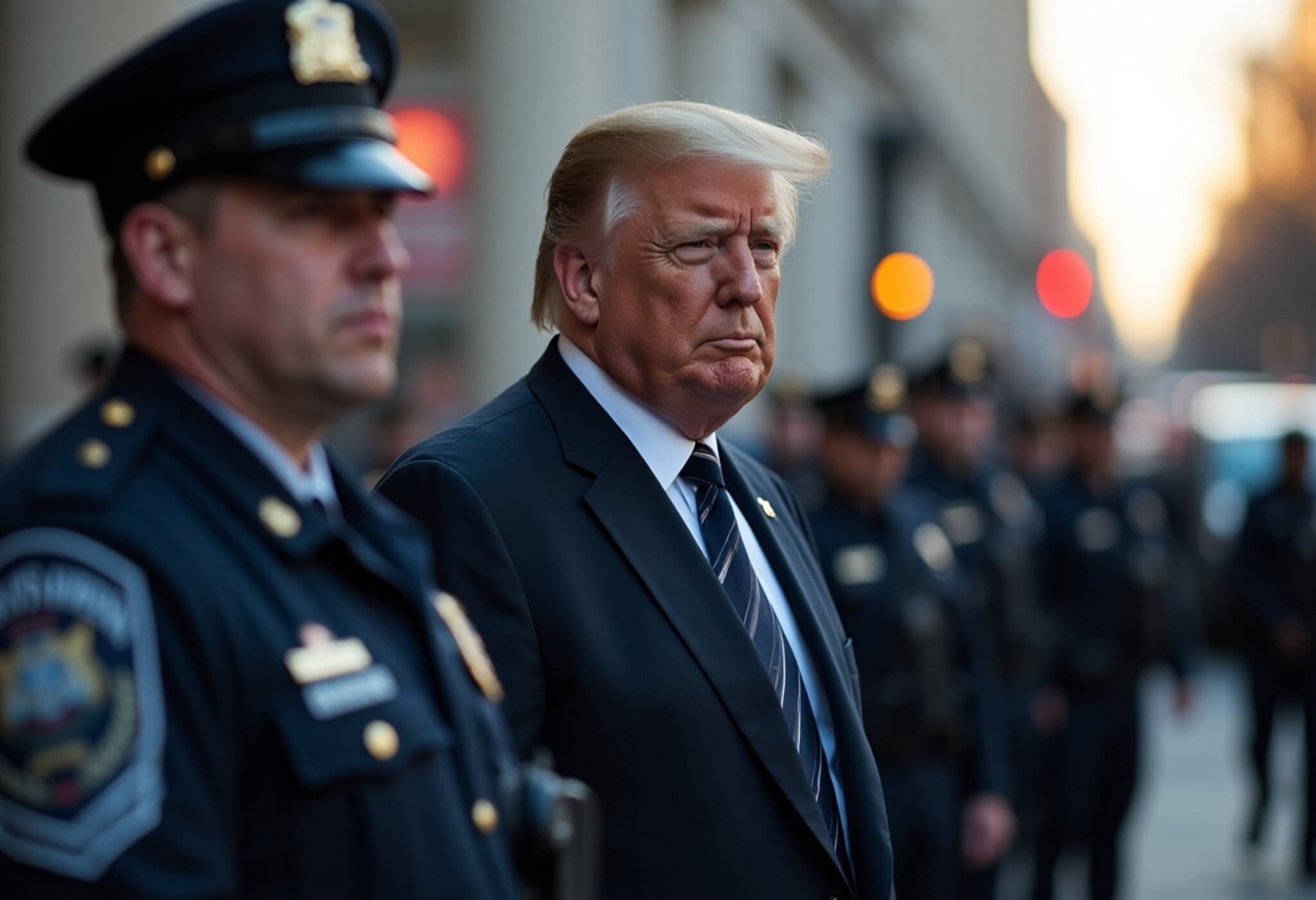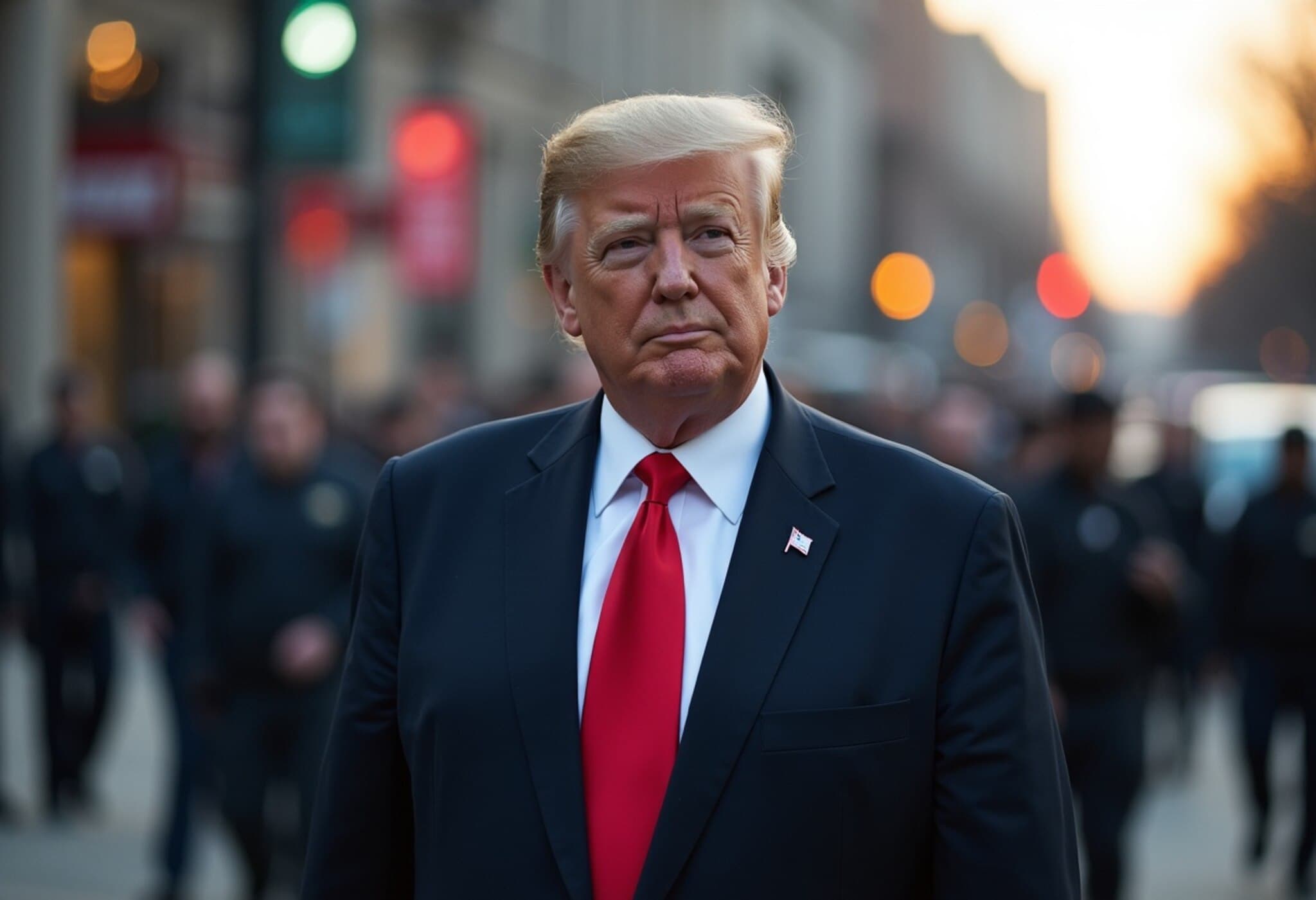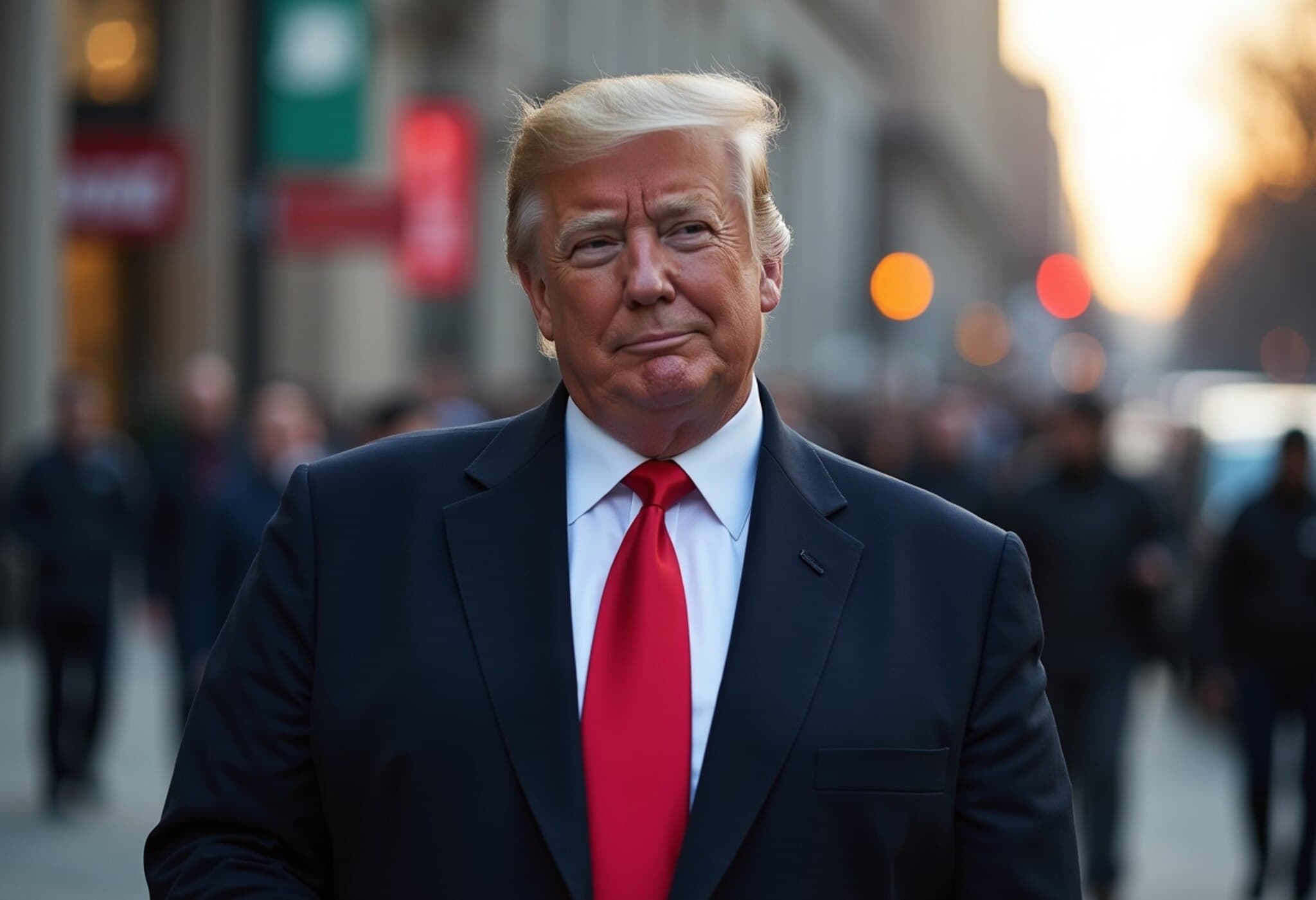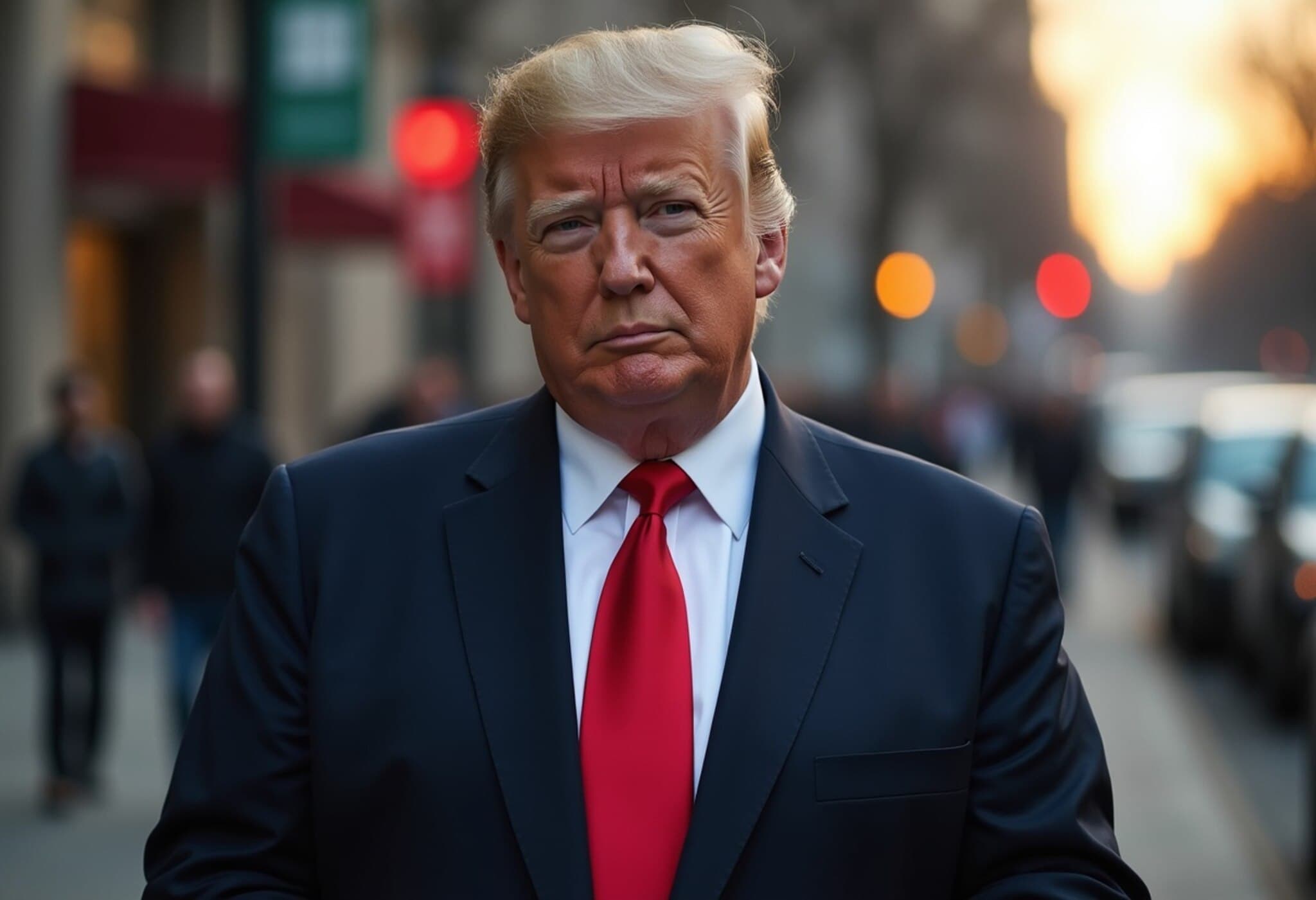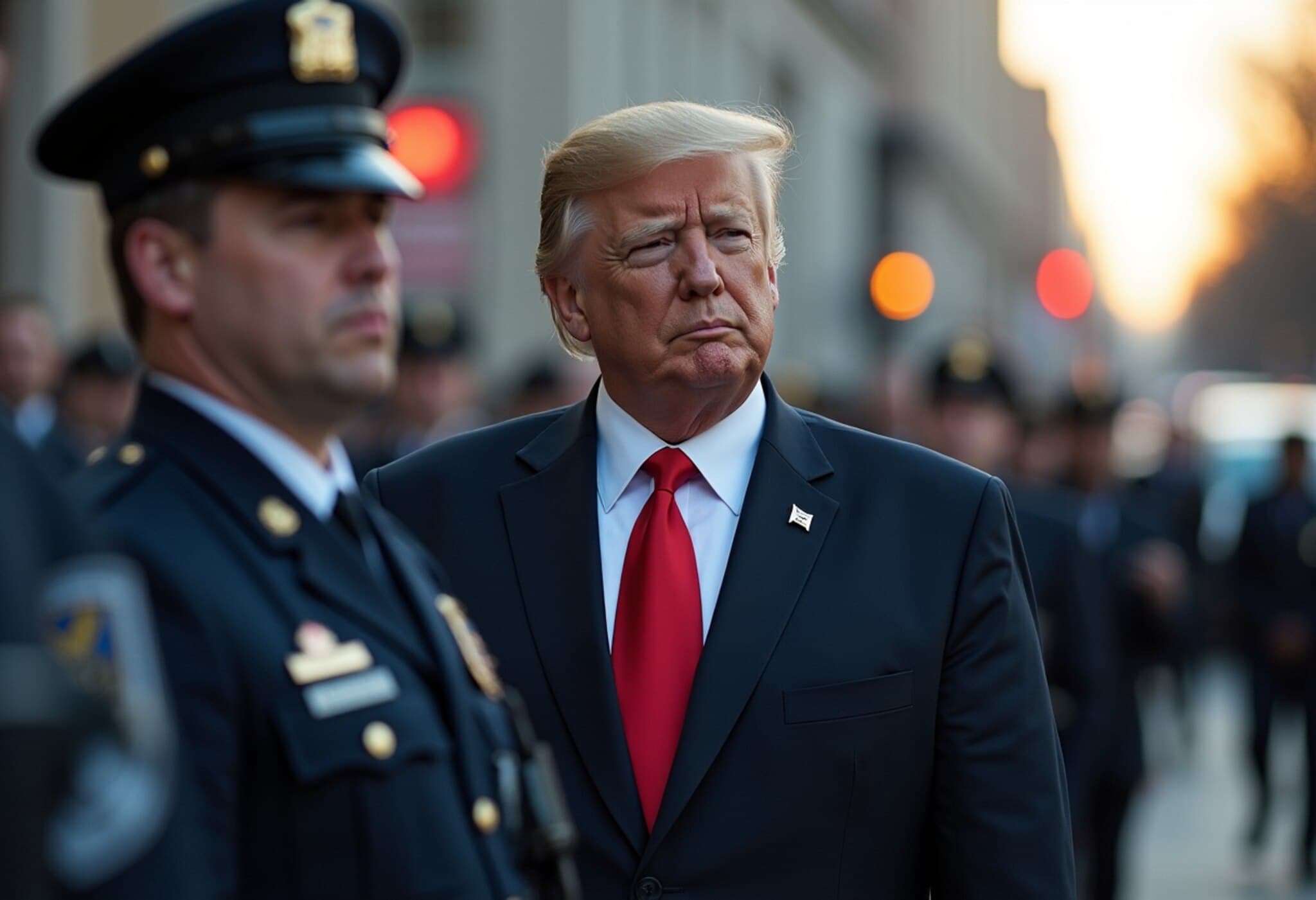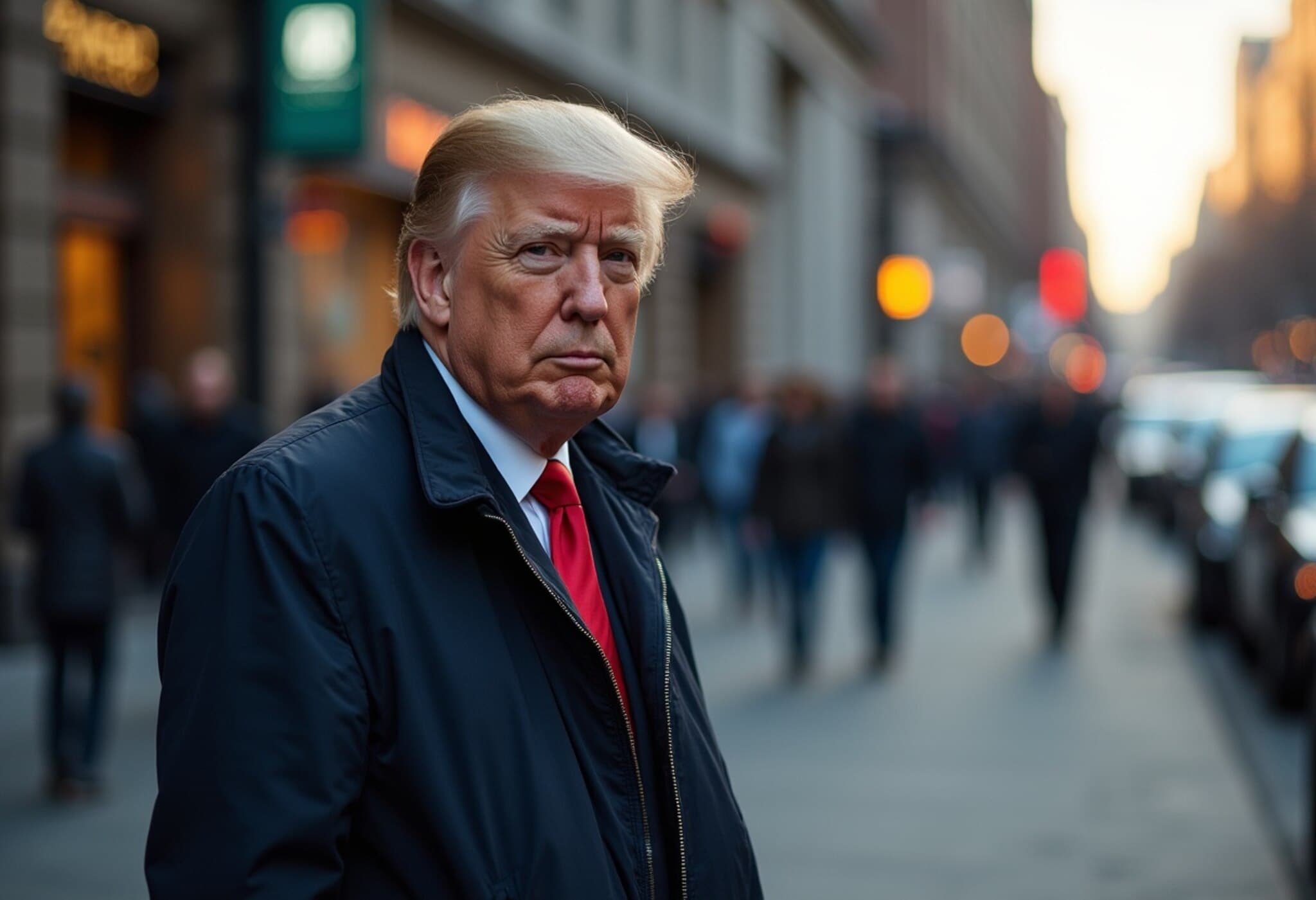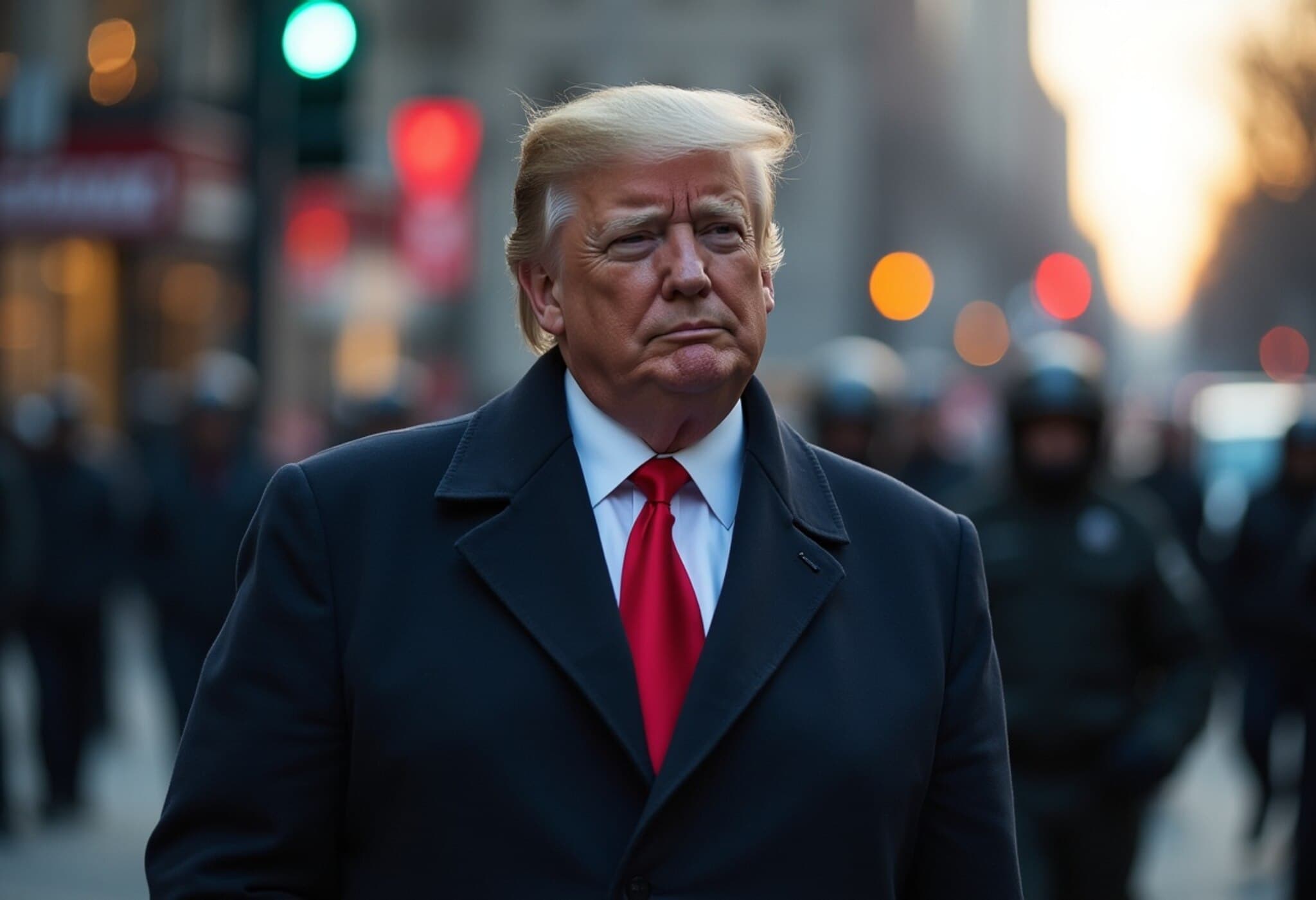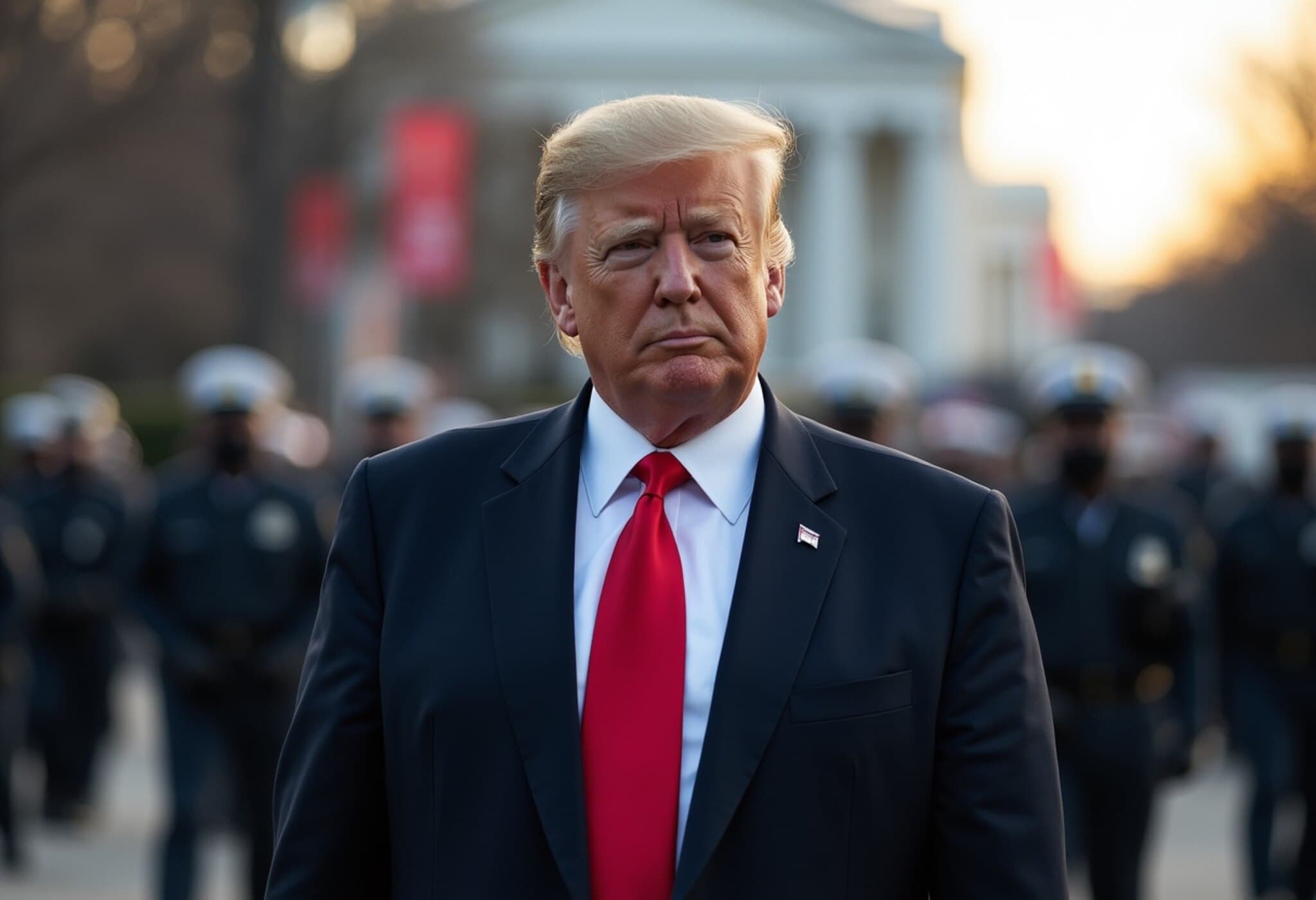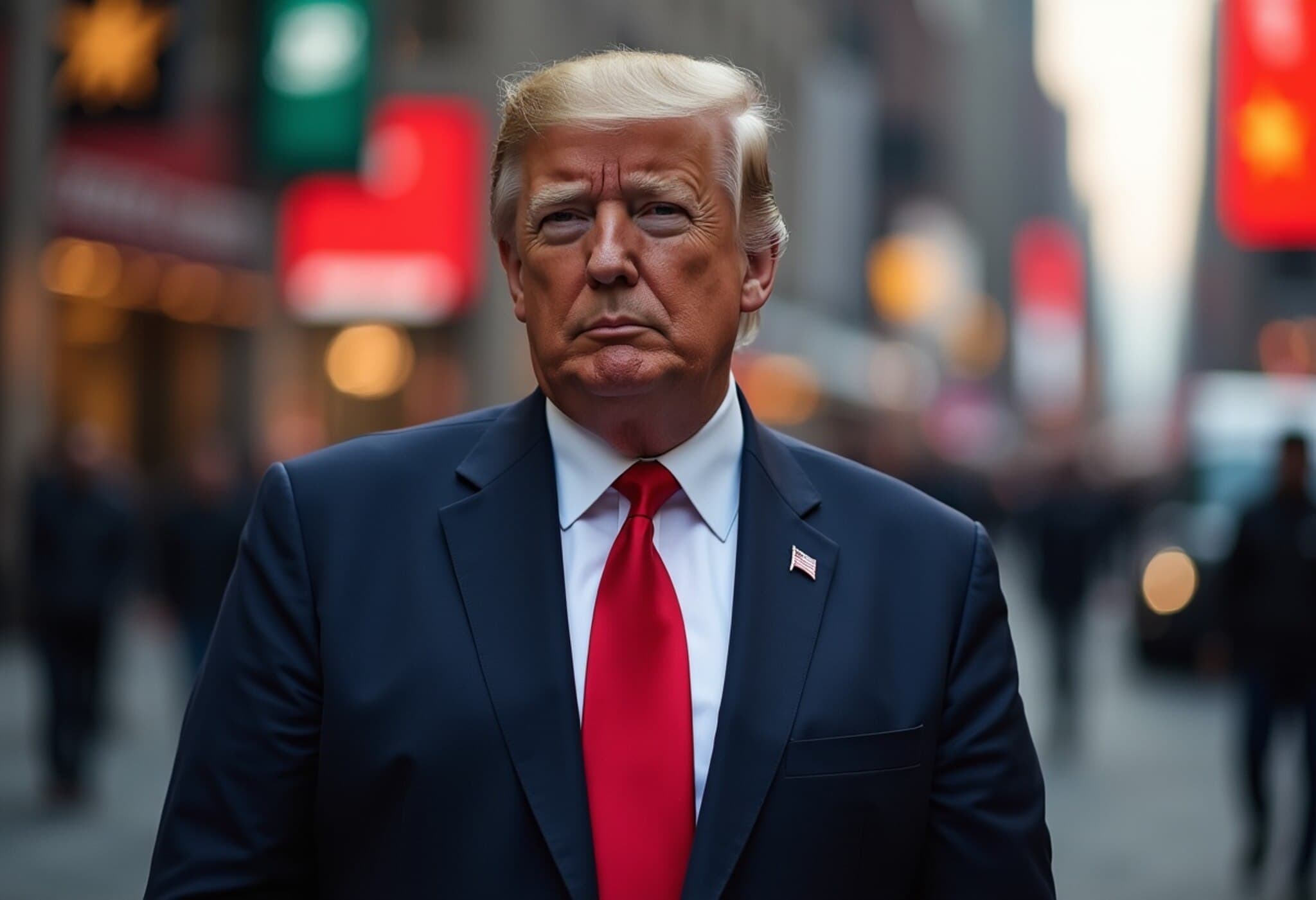Trump Declares Crime Emergency in Washington, D.C., and Assumes Command of Local Police
In a highly controversial move this week, President Donald Trump announced a sweeping takeover of Washington, D.C.'s police force, declaring a "crime emergency" in the nation’s capital. The president also authorized the deployment of 800 National Guard troops to bolster security, marking a significant escalation in federal intervention within the city.
Incident Highlights Rising Crime Concerns
Scott Novak, a 31-year-old lawyer and registered Democrat, recounted a chilling encounter in May when a group of approximately 12 to 15 teenagers ambushed him while biking home in northeast Washington. Novak suffered a head injury requiring 13 stitches and lost his rented city bike, yet he avoided loss of other possessions. "These incidents underscore the very real fears at play," Novak shared, though he remains critical of Trump’s approach.
President Trump’s Rationale: A City in Crisis?
Addressing the media from the White House briefing room, Trump painted a dire picture of Washington, depicting it as overrun by "violent gangs and bloodthirsty criminals," and appealed to the public’s desire for safety. He compared the city’s homicide rate unfavorably to those of globally notorious hotspots like Baghdad and Mexico City, emphasizing his administration’s zero-tolerance stance on urban violence.
National Guard Deployment Echoes Previous Actions
Trump’s decision to send the National Guard mirrors tactics he employed earlier this year in Los Angeles amid civil unrest. The mobilization underscores a federal willingness to assert direct control when local authorities are perceived as overwhelmed or ineffective.
Backlash and Local Resistance
The president’s announcement sparked protests near the White House, with local residents and activists rallying under banners proclaiming "Free D.C." and warning against a "police state." Lisa Walker, a former Washington public school teacher, warned that Trump's move threatens the city’s autonomy and democratic governance. “He’s trying to annex D.C. from the White House,” she said.
Washington’s Crime Data Tells a Complex Story
Contrary to the president’s grim assertions, Washington D.C. police statistics reveal a nuanced reality. After a spike in violent crime during the COVID-19 pandemic and 2023, crime rates have been steadily declining in 2025. Homicides have dropped by 12%, assaults with weapons by 20%, and robberies by 28% compared to 2024 figures.
Mayor Muriel Bowser emphasized these improvements, noting that the city is currently at a three-decade low in violent crime. "We have not taken our foot off the gas," Bowser affirmed, signaling ongoing commitment to public safety reforms.
Constitutional and Political Complexities
The governance of Washington D.C. is unique. Although Congress holds ultimate authority over the city under the Constitution, much of the control is delegated locally through the Home Rule Act of 1973. Notably, D.C. lacks a voting representative in Congress, intensifying tensions around federal interventions.
The Home Rule Act permits presidential assumption of local police authority for emergencies lasting up to 30 days without congressional approval. Trump has invoked this clause, appointing DEA head Terry Cole as interim police chief, even joking about firing him if deemed “too soft,” raising concerns about federal overreach and politicization of law enforcement.
Expert Perspectives: Is This an Emergency?
George Derek Musgrove, a historian specializing in Washington’s political history, suggests the situation does not constitute a true emergency but acknowledges the president’s broad discretionary power. "The law grants the president the authority to decide, even if the facts on the ground don’t fully support it," Musgrove said.
Voices from the Ground: Calls for Reform, Not Force
Scott Novak, recovering from his injuries, advocates for enhancing police training and community engagement rather than imposing federal military-style control. He expressed pride in living in the city despite its challenges, cautioning against sensationalizing crime to justify heavy-handed measures.
Political Repercussions and Wider Implications
House Democratic leader Hakeem Jeffries criticized Trump’s move, associating it with the prior January 6 Capitol insurrection. He stated, "Donald Trump has no basis to take over the local police department, and zero credibility on the issue of law and order," highlighting partisan divisions over urban crime policy and governance.
What Lies Ahead for Washington, D.C.?
As the federal government asserts unprecedented control over D.C. law enforcement, questions loom about the future of local autonomy, public safety, and the balance of power within the district. The unfolding dynamics could set precedents for federal interventions in other U.S. cities grappling with crime and civil unrest.
Key Takeaways:
- Trump’s seizure of D.C. police marks a rare federal takeover authorized by constitutional exception.
- Crime rate data suggests recent improvements, challenging the necessity of declaring an emergency.
- Local leaders and activists resist federal control, advocating for community-based solutions.
- The constitutional status of D.C. complicates governance and political representation.
- This move raises concerns about politicization and militarization of urban policing in America.
Editor's Note:
This development spotlights a fundamental tension in American governance: balancing effective crime control with respect for local democracy and civil liberties. It invites reflection on whether federal intervention can remedy urban challenges or if it risks deepening divides. As Washington, D.C. navigates this turning point, the nation watches closely, pondering broader lessons for policing, governance, and rights amid rising urban anxieties.

